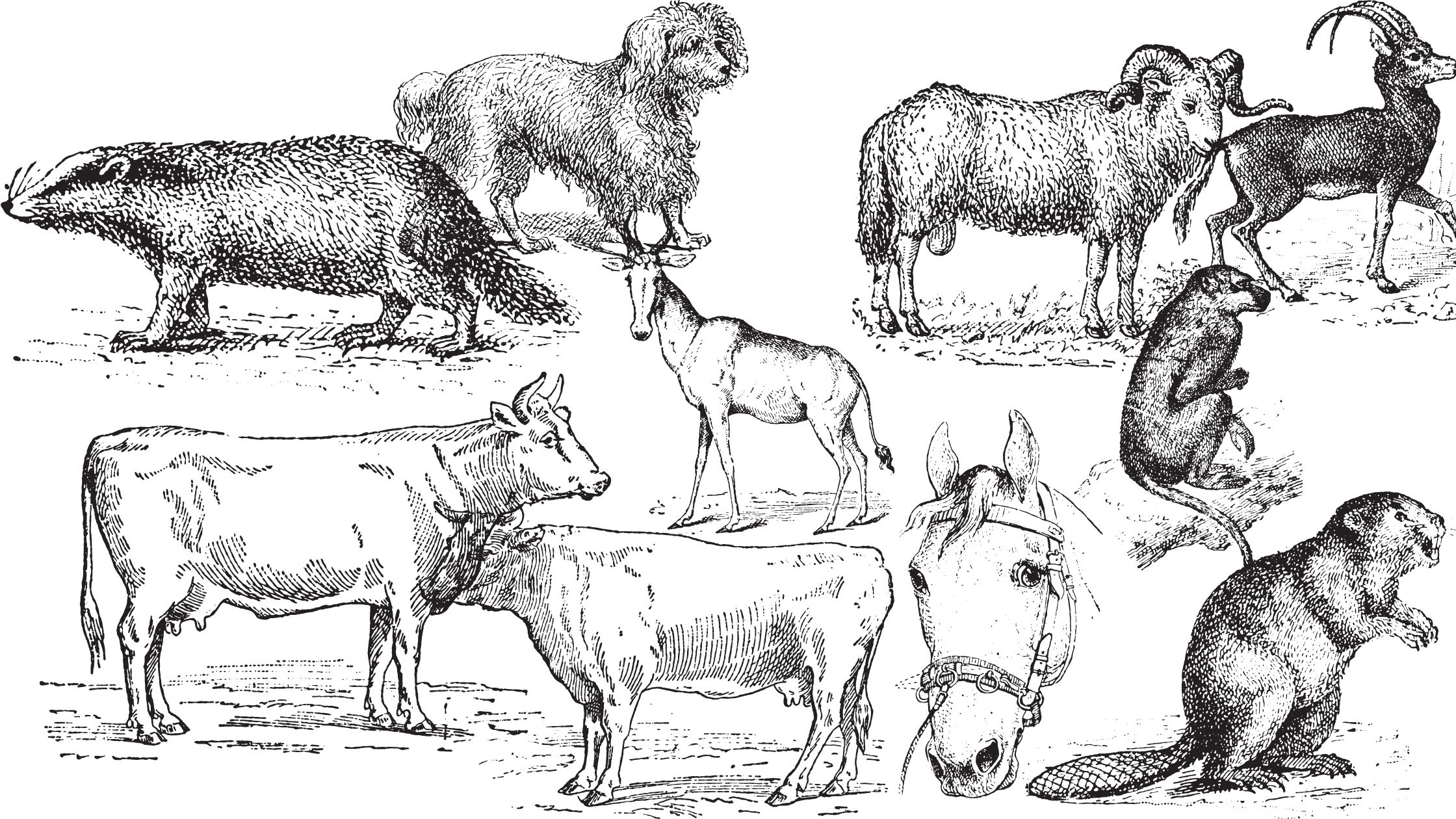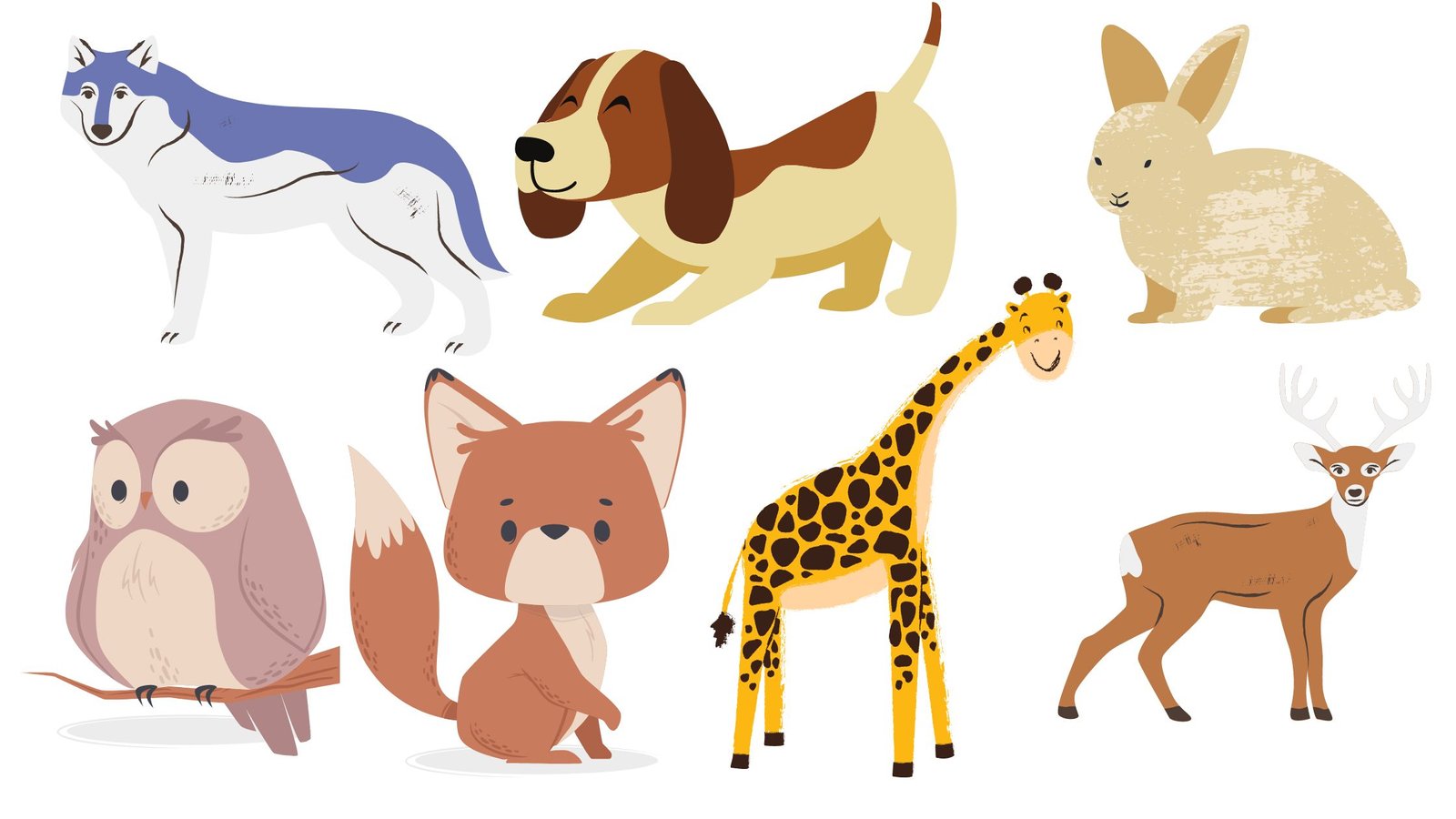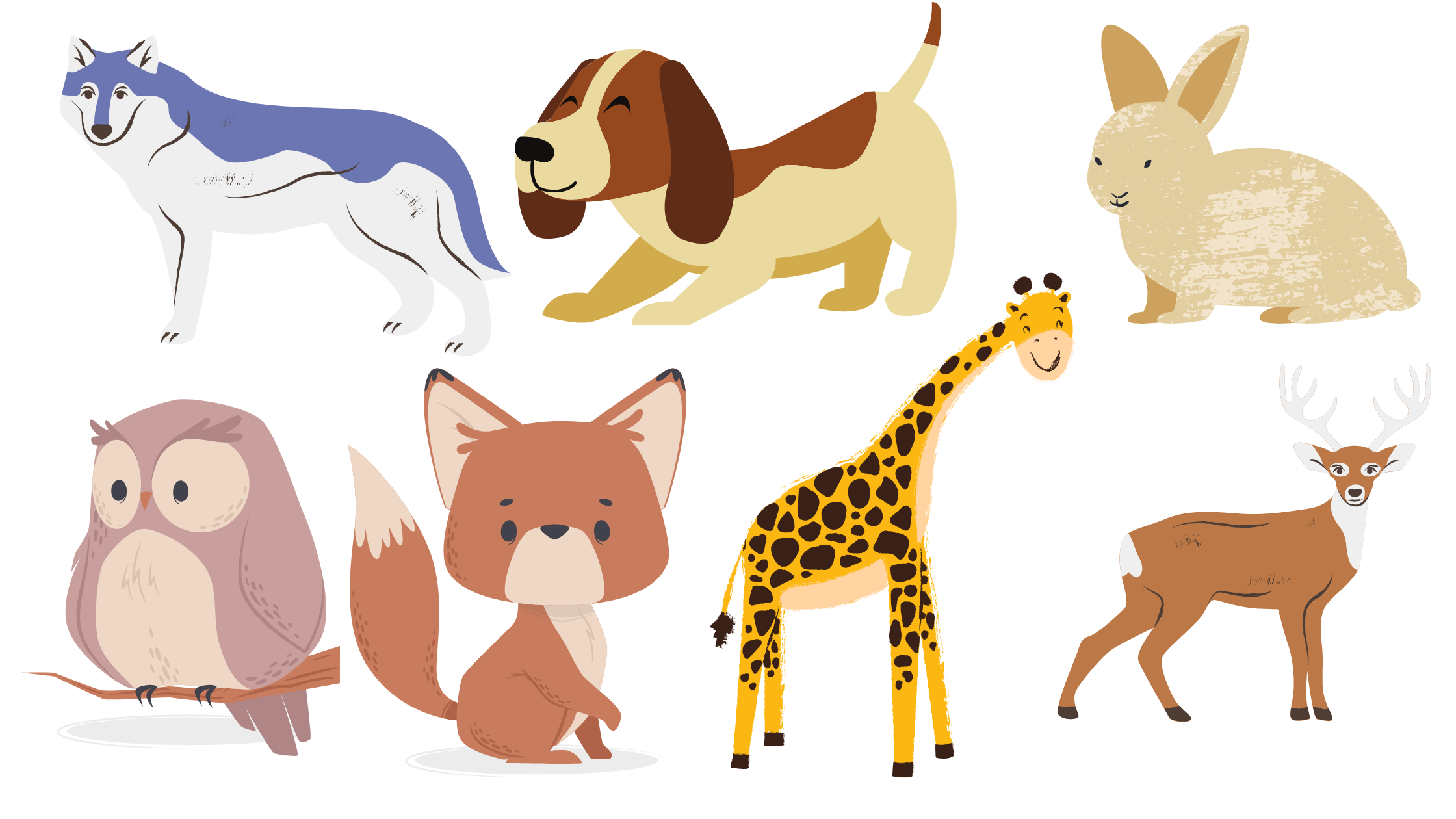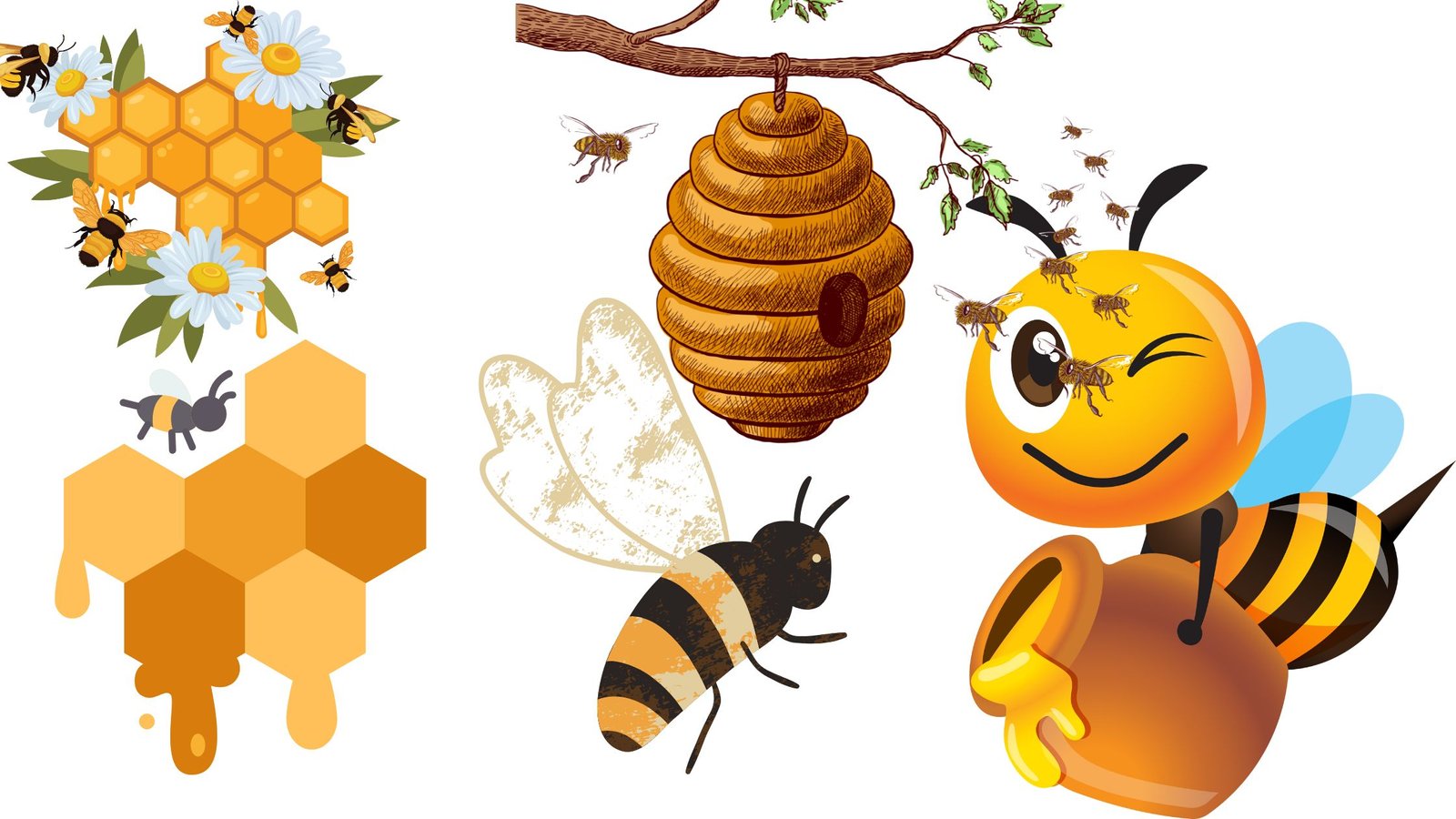Ethology (Animal Behaviour) Introduction, History
What is Ethology? Definition of Ethology Ethology is the scientific study of animal behavior in natural conditions, focusing on understanding behavior as an evolutionary adaptation. History of Ethology The history of ethology is a fascinating journey that has shaped our understanding of animal behavior and its evolutionary roots. Charles Darwin, renowned for his groundbreaking work … Read more





